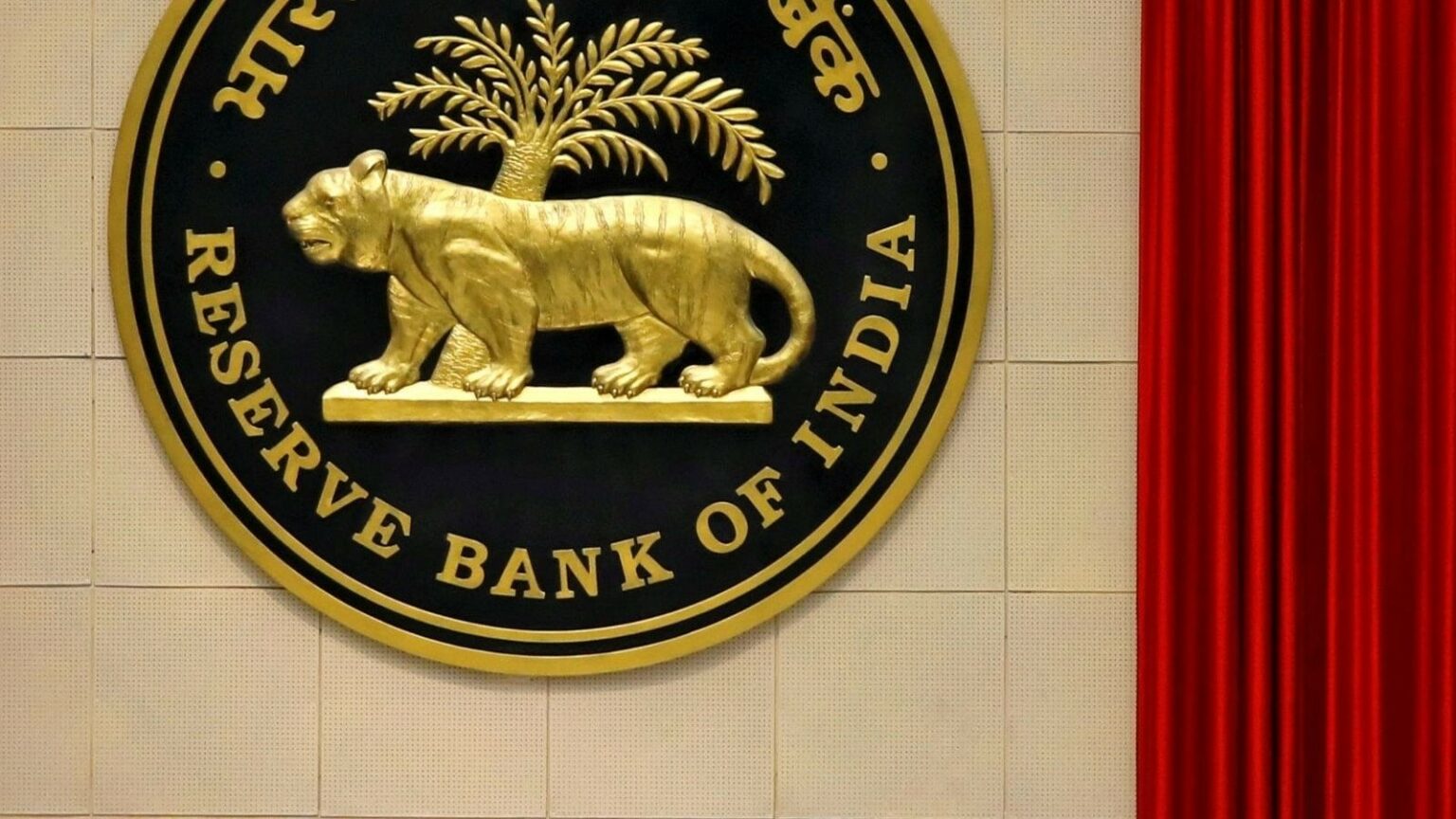Experts predict that shares of SBI, ICICI Bank, and HDFC Bank will perform better than those of their peers due to their greater exposure to the international banking market.
Following its Monetary Policy Committee (MPC) meeting today, the Reserve Bank of India (RBI) announced a 50 basis point (bps) rate hike. The stock market, particularly those in the banking sector, reacted positively to the RBI‘s move. Banking majors such as Kotak Mahindra Bank, Federal Bank, HDFC Bank, and Bank of Baroda rose by 2%, recouping all of their losses in early morning trades. Similarly, after the RBI policy announcement, shares of Axis Bank, ICICI Bank, and State Bank of India SBI rose by about 1%.

The higher loan demand is anticipated to help banking companies increase their margins as the holiday season approaches, and stock market experts believe that the RBI’s policy announcement was on target. They added that the RBI rate is advantageous for the rupee, which has depreciated by more than 7% since April of this year. Banks will have more liquidity now that interest rates are higher because more account holders are anticipated to increase their savings.
Given the current state of the world and inflation worries, the recent 50 bps rate increase was essential. It is significant to note that the governor has a positive outlook on the Indian economy despite the global challenges. However, the government must increase spending if it hopes to keep the current recovery going. Global and geopolitical uncertainties, rising crude oil prices, and persistent rains causing food inflation were among the commentary’s main worries. In conclusion, we think there is a chance for another rate hike, albeit a milder one, at the upcoming meeting.
In response to the decision by the RBI to raise the repo rate, Ravi Singhal, CEO of GCL Securities, stated that “The increase in the RBI repo rate to 5.90 percent is causing banking stocks to increase. As a result of this action, it is anticipated that banks will receive more debt investment capital, which will boost their margins in the upcoming quarter. It is anticipated that this move will increase bank liquidity and could lead to higher savings account interest rates.”
Rupee vs dollar
After this RBI decision, Anuj Gupta, vice president of research at IIFL Securities, expects the Indian rupee to rise, “This increase in the repo rate will help the Indian rupee regain lost ground against the US dollar. One of the main factors driving the increase in banking stocks following the RBI policy announcement is the anticipated strengthening of the Indian rupee against the US dollar, which will help reduce Indian banks’ Current Account Deficit (CAD).”
Banking stocks to buy now
Anuj Gupta of IIFL responded when asked about the banking stocks that one can purchase following the outcome of the RBI MPC meeting that ICICI Bank, HDFC Bank, and SBI have good exposure to international trade and superior foreign exchange reserves. These banking stocks are anticipated to outperform their peers in the upcoming quarter as the rupee is anticipated to strengthen against the US dollar in the short term.
After the RBI announced a repo rate increase, the Nifty Bank index increased by 2.50 percent, the financial index increased by 1.6%, and the energy index increased by 1.4%.
After it met the Monetary Policy Committee (MPC), the Reserve Bank of India (RBI) today announced a rate increase of 50 basis points. The stock market, especially those for stocks in the banking sector, responded favorably to this RBI move. Banking giants like Kotak Mahindra Bank, Federal Bank, HDFC Bank, and Bank of Baroda surged by 2%, paring all of their losses from the previous day’s trading. As a result of the RBI policy announcement, shares of Axis Bank, ICICI Bank, and State Bank of India or SBI all experienced a 1% increase.
The higher loan demand is anticipated to help banking companies increase their margins as the holiday season approaches, and stock market experts believe that the RBI’s policy announcement was on target. They added that the RBI rate is advantageous for the rupee, which has depreciated by more than 7% since April of this year. Banks will have more liquidity now that interest rates are higher because more account holders are anticipated to increase their savings.
Read more: https://tdznkwjt9mxt6p1p8657.cleaver.live/













